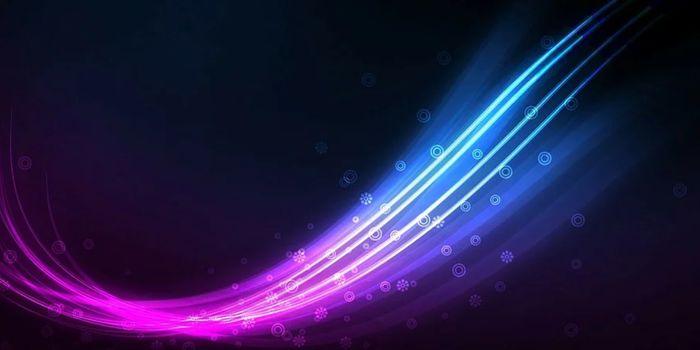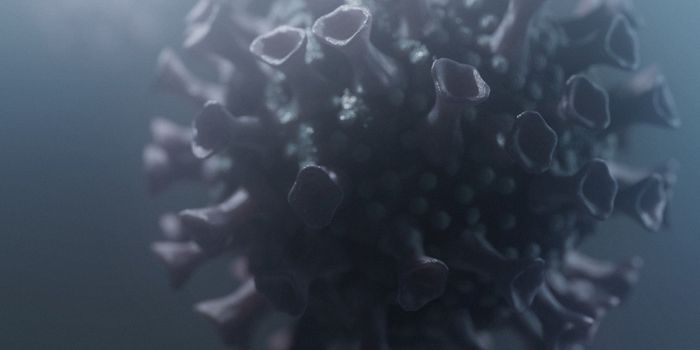Screen Time Linked to Excess Sugar & Caffeine Intake in Teens
Adolescent screen-time is an intensely debated topic. New research from McMaster University has added more fuel to that fire and gives parents another reason to limit their teens’ electronic device use. McMaster and California State University researchers, led by pediatrician Dr. Katherine Morrison, recently discovered that teenagers who spend more time with electronic devices drink more sugary and caffeinated beverages. In fact, many teens exceed the recommended daily levels of sugar and caffeine established by the World Health Organization (WHO).
This research was published just yesterday in the online journal PLOS ONE. The study cites the adverse health impacts of the consumption of sugar-sweetened beverages, including obesity, diabetes, dyslipidemia, dental caries, and poor sleep hygiene. Adverse health impacts of caffeine listed by the study include sleep difficulties, headaches, elevated blood pressure, nausea, vomiting, diarrhea, and chest pain.
Study participants included more than 32,000 students in eighth and tenth grade from 263 schools. These students had previously participated in the U.S. nationwide 2013-2016 Monitoring the Future Survey, which included information on energy drink and soda consumption. The team’s analysis of this data revealed that more than 27% of teens exceed recommended sugar intake, and 21% exceed the recommended caffeine from soda and energy drinks. They also discovered that males drink more sodas and energy drinks than females.
Overall, consumption of soda and energy drinks declined during the years assessed, but the use of electronics became more frequent and was linked to higher consumption of these beverages. The researchers discovered that each additional hour of TV time per day is linked to a 32% chance of exceeding the WHO recommendations for sugar. Additionally, an extra hour of TV time carries a 28% risk of exceeding the WHO caffeine recommendations. Mobile phone and social media use also carried associated risks of exceeding daily recommendations of sugar and caffeine, although not as significant as TV.
Surprisingly, video games were weakly linked to increased caffeine consumption. One extra hour of video gaming increased the risk of exceeding recommended caffeine and sugar amounts by 7%. Dr. Morrison told McMaster reporters that “Given the marketing campaigns that target video gamers, we expected a particularly strong association between caffeine intake from energy drinks or sodas with video game use, but TV was linked more strongly.”
Dr. Morrison recommends counseling or health promotion to curb the excess intake of sugar and caffeine among adolescents.
Sources: McMaster University, PLOS ONE











